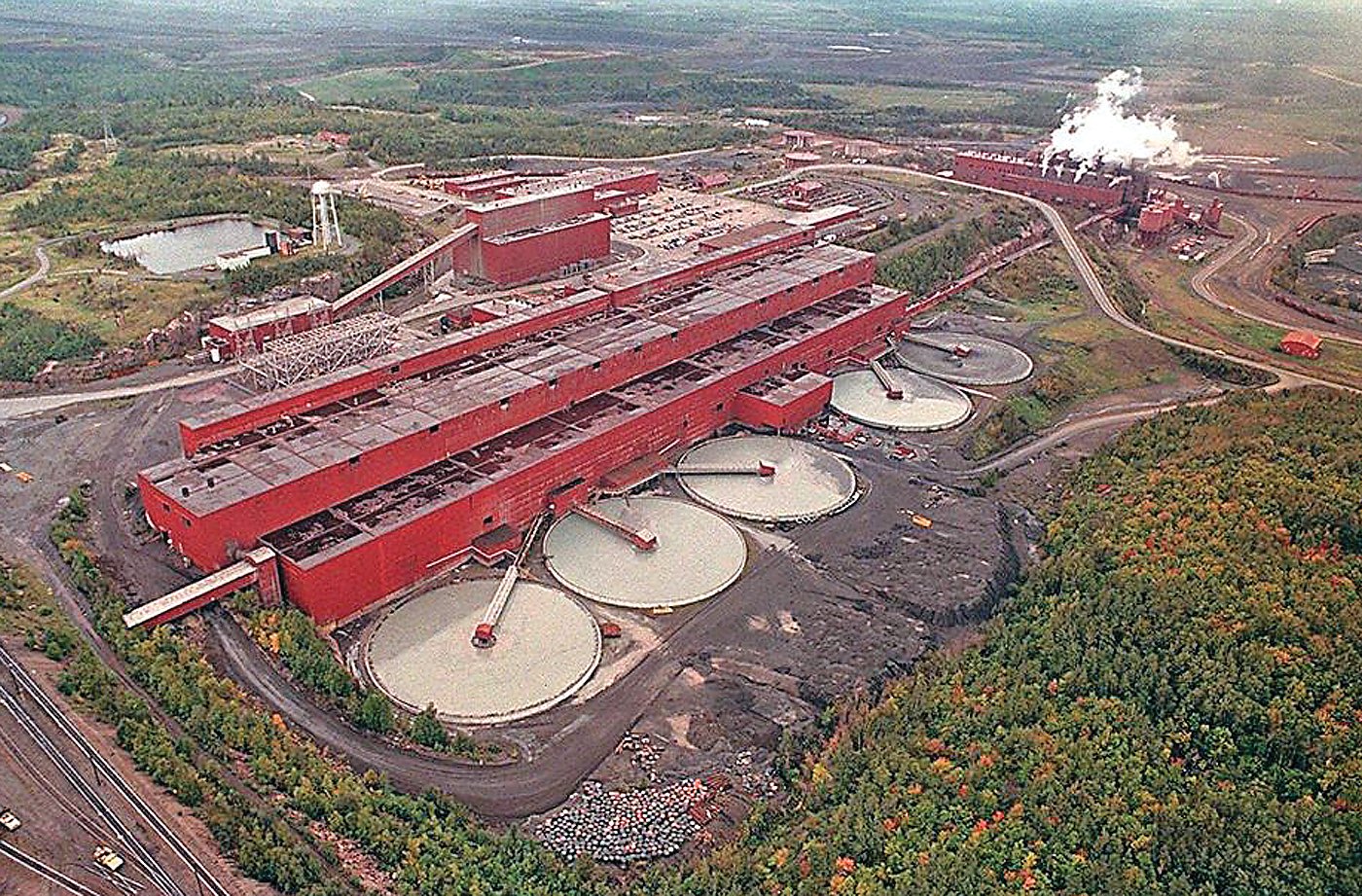Support the Timberjay by making a donation.
Supreme Court will review air quality permit for PolyMet
Lower court ruling was victory for environmental groups; court to decide if that ruling stands
REGIONAL— The state’s Supreme Court has agreed to take a second look at a lower court ruling that threw out PolyMet Mining’s air quality permit back in March. It’s the second …
This item is available in full to subscribers.
Attention subscribers
To continue reading, you will need to either log in to your subscriber account, or purchase a new subscription.
If you are a current print subscriber, you can set up a free website account and connect your subscription to it by clicking here.
If you are a digital subscriber with an active, online-only subscription then you already have an account here. Just reset your password if you've not yet logged in to your account on this new site.
Otherwise, click here to view your options for subscribing.
Please log in to continue |
Supreme Court will review air quality permit for PolyMet
Lower court ruling was victory for environmental groups; court to decide if that ruling stands
REGIONAL— The state’s Supreme Court has agreed to take a second look at a lower court ruling that threw out PolyMet Mining’s air quality permit back in March. It’s the second time in recent months that the state’s high court has agreed to review decisions issued by the Minnesota Court of Appeals regarding PolyMet. Both PolyMet Mining and the Minnesota Pollution Control Agency had filed petitions for high court review of the air permit decision back in April.
The lower court ruling was a major victory for environmental groups opposed to PolyMet’s proposed NorthMet copper-nickel mine near Hoyt Lakes. The decision by the Supreme Court to review the March 23 Court of Appeals ruling offers at least the possibility that the permit could be restored or that the Court of Appeals’ order remanding the permit back to the MPCA could be modified.
“We believe the MPCA in its permit appropriately accounted for the potential effects of the NorthMet Project on the airshed, and are pleased that the Supreme Court will hear the case,” said Jon Cherry, PolyMet president and CEO. “The Court of Appeals’ decision creates tremendous uncertainty for companies who want to invest in Minnesota and must seek permits from the state. This is an opportunity to remedy that situation. We are looking forward to presenting our case to the Minnesota Supreme Court.”
The pro-copper-nickel mining group, Jobs for Minnesotans, also voiced support for the high court’s willingness to hear the matter. “We’re encouraged by the recent announcement,” wrote the group in. a press statement. “Also petitioned by the Minnesota Pollution Control Agency, the ruling negates the role of the Legislature and the state agencies’ expertise and ability to do its work and make decisions.”
Among the issues the high court will consider is whether the MPCA erred when it classified the PolyMet permit as a less-stringent “minor permit,” which typically receives less oversight from regulators. Had the MPCA classified the permit as “major,” it would have required the company to deploy the “best available technology” in order to reduce its emissions.
PolyMet avoided that requirement by agreeing to limit the size of its operation. But environmental litigants argued that the company was actually planning a much larger operation that would meet the definition of a major emitter. Indeed, a financial report issued by PolyMet in 2018 projected significantly higher rates of return with a project that was nearly twice as large as the 32,000 ton-per-day project that PolyMet proposed and permitted, and returned even more at nearly four times the proposed rate of production.
“That’s why the Minnesota Court of Appeals expressed concern over “sham permitting” and told the MPCA to take a second look,” said Kathryn Hoffman, CEO at the Minnesota Center for Environmental Advocacy. “The Court [of Appeals’] ruling was well reasoned, and the evidence since then has only gotten stronger about PolyMet’s true intentions. Minnesotans deserve to know the real size and scope of PolyMet’s dangerous mine proposal, and MCEA will defend our position at the Minnesota Supreme Court.”
Despite MCEA raising this issue repeatedly before the MPCA issued the air pollution permit, the MPCA did not address the issue in issuing its permit to PolyMet. The Court of Appeals found that the MPCA failed to explain why it had dismissed the sham permitting issue and had remanded the permit back to the MPCA for more information and analysis.






